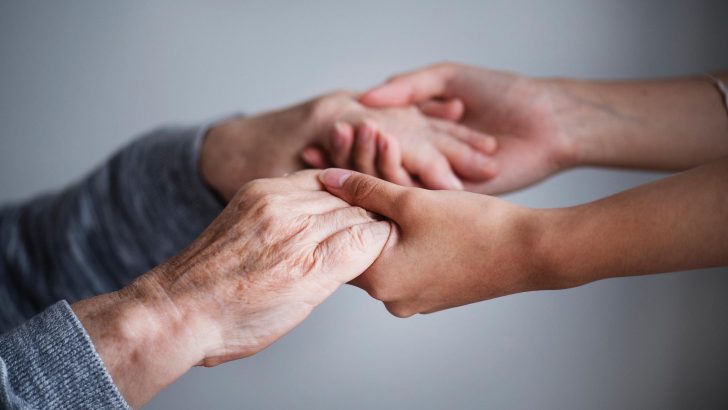A Parent’s Perspective
The line from the poem Easter 1916 by William Butler Yeats “all changed, changed utterly: a terrible beauty is born” has been in my head a lot recently. Queen Elizabeth famously referred to 1992 as her annus horribilis, a Latin phrase meaning horrible year. Like many other families all over Ireland and the rest of the world, my life, and the lives of my family members, has changed utterly. My 21-year-old daughter getting a positive Covid-19 test result is just another hurdle we have to face together. For the next 10 to 14 days, we’re all confined to the home turf and will have to face some anxious days waiting for our daughter to recover while the rest of us are tested to see if we’ve been affected. It’s often said that our lives are more about how we react to the situations we find ourselves in rather than the situations themselves.
I’ve noticed throughout this whole, unpredictable, chaotic year that the testing times we’re in can bring out very different reactions in different people. We have those who’ve decided to batten down the hatches and focus entirely on themselves and their own immediate requirements; we have the accusatory, the foolhardy and the cynical. We also have those wise souls who don’t just absorb and swallow the accepted wisdom but have retained that admirable quality of childhood, questioning everything and pointing out the times when the emperor has no clothes.
In the midst of all the worry and grief, the debates, opinions and critical analysis, what is the human quality that will help us most in trying to move forward in this totally changed environment? I was chatting to my 31-year-old son, David, about how I could write about Covid-19 now that his poor sister has succumbed to the horrible virus. We were saying that practically everything that can be said on the subject has already been said. In his opinion, it wasn’t any of the information of hand washing or social distancing or mask wearing that stood out, it was how we can bring goodness, virtue and kindness into the ordinary circumstances of our coronavirus-dominated lives. For him, one word stood out: charity. He was pondering on how it’s a word that he was familiar with from as far back as he could remember. He’d heard it mentioned in homilies and talks, seen it on notice boards and in parish bulletins and in requests for donations to various charities but was questioning what it really means for us in our own lives. He felt that it was easy to talk about the virtue but what does charity look like in our own lives and how do we implement it? Without solid, concrete, bold actions, he felt that charity is just a feel-good word that we throw around.
My son’s thoughts and musings on charity were not totally out of the blue. They were inspired by him being on the receiving end of some unexpected kindness recently when he found himself needing a place to stay at very short notice. Being far from home, and with the restrictions of Covid-19, he was resigning himself to a night sleeping in his car when a kind relative stepped in providing him with a warm bed on her couch, towels, fresh sheets and blankets and even the extra touch of leaving some chocolates on his towel. He was filled with gratitude at the simple, generous hospitality. What may not have seemed like a huge amount to the giver was the difference between him having a good night’s sleep, a hot shower and arriving at his meeting well-rested and in top form rather than cold and dishevelled.
When yet another Primetime debate or discussion is over, it’ll be charity and kind deeds that will get us through and might save 2020 from its own annus horribilis status. Sometimes, when we’re on the receiving end of some kindness, we feel a bit embarrassed, undeserving or even humbled, but another’s good gesture can point us in the direction of doing better ourselves. My late mother constantly said that “love is actions, not sweet words”. How can we reach out to others and bear fruit in influencing them spiritually if we don’t reach them in a very real and experiential way? Charity comes in all sorts of guises; if you can’t offer someone a bed for the night, offer them a bit of unscheduled time. If you don’t have the time, free up a few hours. There are twenty four hours in everyone’s day so if one person can make time for works of charity and mercy, so can we.
As I popped in briefly to chat to my sick daughter, sad in her solitary self-isolation, it struck me that, with most of her creature comforts gone, the kindness of her friends and family would get her through the next few weeks. In the few hours after her positive test she was inundated with thoughtful texts and messages and she herself was eager to do her bit to warn her friends of the dangers of the virus, posting her own public health warning on Instagram. G.K. Chesterton said: “In prosperity, our friends know us. In adversity, we know our friends.” A year that could be remembered only for bad news and bad times can be elevated and transformed by the kindness of those who practice the life-changing virtue of Christian charity.


 Maria Byrne
Maria Byrne
